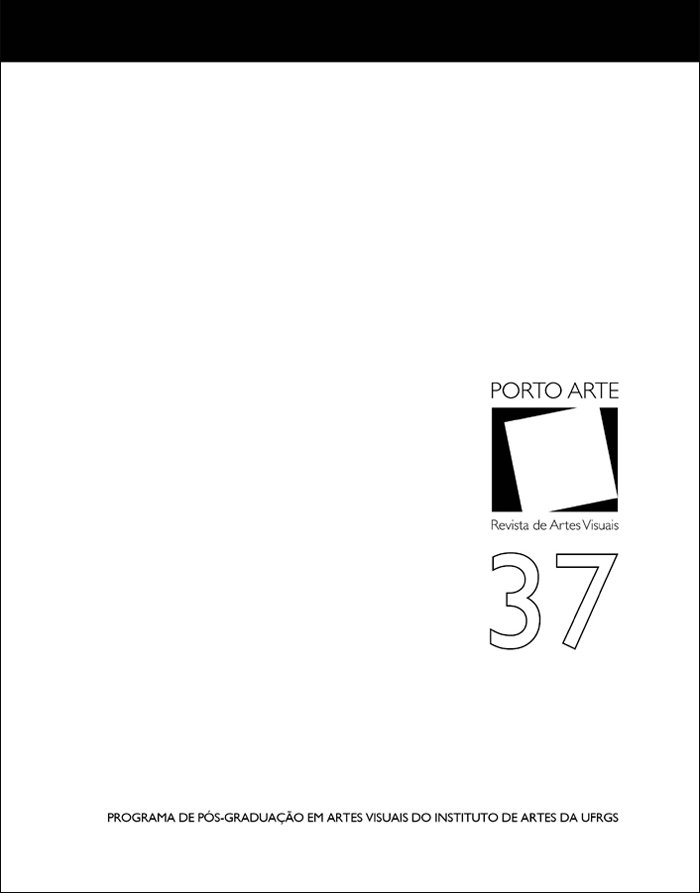Four perspectives on Cia de Foto
DOI:
https://doi.org/10.22456/2179-8001.80096Keywords:
Collectives. Photography. Contemporary art. AuthorshipAbstract
Throughout its ten years of activity, the collective Cia de Foto developed works in visual arts, journalism and advertising. Their insistence on always crediting their works to the group as a whole, without specifying which members had been directly involved in their production, places Cia de Foto at the heart of debates on authorship and forms of photography production in today’s world. Between 2003 and late 2013, when they announced the end of their activities, the collective gradually expanded and changed their way of working as well as their members and organizational system. The following interview takes stock of the group’s trajectory from the point of view of the four members who were in its last makeup: Carol Lopes, João Kehl, Rafael Jacinto and Pio Figueiroa.Downloads
References
All interviews took place in São Paulo in December 2015. They are presented in the order in which they occurred. Since the texts needed to be reduced in some sections, information about the collective’s constitution, ways of working and more representative works were favored. The material was collected for my PhD research at the Graduate Program in Visual Arts of the Federal University of Rio Grande do Sul (PPGAV-UFRGS), under a CAPES grant, which resulted in the thesis Manter os olhos abertos diante do abismo: a produção compartilhada de imagens em coletivos de arte contemporânea (Keeping one’s eyes open before the abyss: shared production of images in today’s art collectives), defended in October 2016
Additional Files
Published
How to Cite
Issue
Section
License
Autores que publicam nesta revista concordam com os seguintes termos:
Autores mantêm os direitos autorais e concedem à revista o direito de primeira publicação, com o trabalho licenciado sob a Creative Commons Atribuição-NãoComercial-CompartilhaIgual 4.0 Internacional (CC BY-NC-SA 4.0).
Autores têm autorização para assumir contratos adicionais separadamente, para distribuição não exclusiva da versão do trabalho publicada nesta revista, como publicar em repositório institucional, com reconhecimento de autoria e publicação inicial nesta revista, quando for o caso.
Os artigos são de acesso aberto e uso gratuito, com atribuições próprias em atividades educacionais, de pesquisa e não comerciais.


